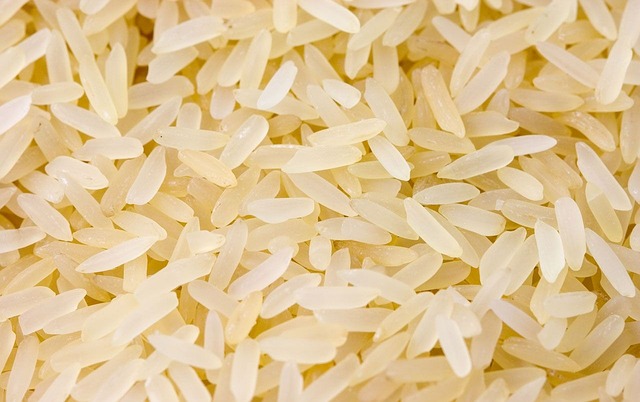The recent imposition of a Minimum Export Price (MEP) on Basmati rice by the Indian government has sent shockwaves through the agricultural sector. While India is a major exporter of Basmati rice, farmers and exporters alike are grappling with the repercussions of this decision. In this blog, we will delve into the factors surrounding this crisis, the impact on farmers, and the urgent need for a resolution.
Basmati: India's Golden Crop
Basmati rice is often referred to as India's "golden crop" due to its global demand, unique aroma, and exquisite taste. The aromatic long-grain rice has been a staple in Indian households for centuries and has made its mark on international cuisines.
The MEP Conundrum
The Minimum Export Price (MEP) of $1,200 per ton imposed by the government has shaken the Basmati rice industry. This directive has not only affected farmers but also exporters, leaving them in a state of financial distress.
Impact on Farmers
Farmers in states like Haryana and Punjab, where Basmati rice cultivation is predominant, are feeling the brunt of this policy. They argue that the MEP, coupled with a surplus crop, has led to an unprecedented drop in Basmati prices, hitting their incomes hard. What was once a lucrative crop has now become a cause for concern.
Exporters' Predicament
Exporters, who play a pivotal role in taking Basmati rice to international markets, have been grappling with dwindling overseas orders. In just the past month, they have incurred losses amounting to millions due to a lack of export orders. The MEP has rendered Indian Basmati rice less competitive on the global stage, thereby affecting the entire supply chain.
The Weight of Exports
India's Basmati rice exports have been significant, contributing to a thriving industry. In the last fiscal year, India exported nearly 4.6 million tons of Basmati rice, fetching revenues of approximately ₹38,524 crores. However, the MEP, if not revised, could significantly hamper the export momentum.
The Global Impact
The impact of India's Basmati rice MEP is not limited to its borders. Other rice-exporting countries stand to benefit from this policy, potentially changing the dynamics of global rice trade. As India grapples with this crisis, other nations are exploring opportunities to step in and fill the void.
A Call for Resolution
In conclusion, the imposition of a Minimum Export Price on Basmati rice has thrown the agricultural sector into turmoil. Farmers and exporters are facing severe challenges, and the repercussions are already being felt globally. It is imperative for the government to reassess and possibly revise the MEP to alleviate the suffering of farmers and restore the luster of India's "golden crop."
Thanks for visiting us.
#BasmatiRice #Farmers #AgricultureCrisis #ExportPrices #MinimumExportPrice #FarmersDistress








No comments:
Post a Comment